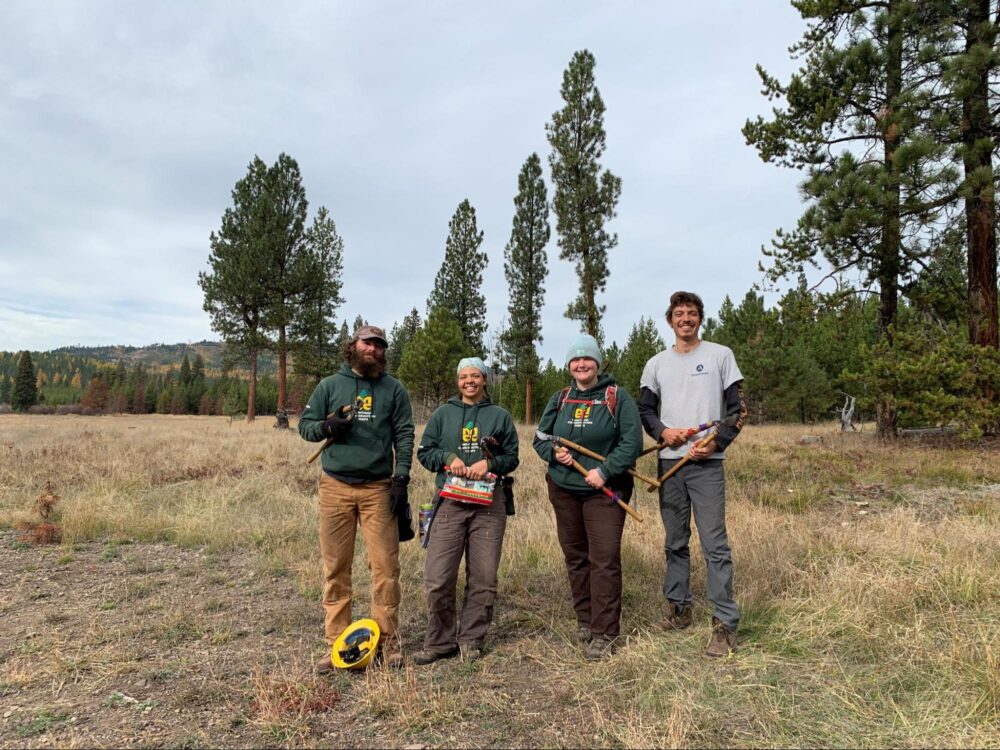We have much more to do and your continued support is needed now more than ever.
Real Food Challenge connects over 300 schools, engages students
“Uniting students for just and sustainable food” is the motto of the Real Food Challenge, a network of students and activists working to bring ethically-produced, environmentally-sustainable food to campuses. This fall, a national campaign engaged students at more than 300 schools.
With an Advisory Committee made up of such heavyweights as Michael Pollan, Vandana Shiva, and Anna Lappé, and Steering Committee members from UC-Santa Cruz, Iowa State, and Brown University, it’s a distinguished group that advocates “beyond the supermarket labels” of organic, green, or local.
According to Marissa Grossman, National Programs Coordinator, the term “Real Food” encompasses every stage of food, from the farm to the plate. She says, “We’re talking about our entire food system, from the biodiversity of the land where we grow, to the social justice aspect of who is getting healthy food and who isn’t.”
While talk of local, sustainable agriculture is nothing new, this is the first concerted effort to make it a priority on college campuses, and use students as the drivers. The RFC’s first major campaign, Real Food Now, ran from mid-September to mid-October of 2008, and encouraged students to host events, start projects and report back, with RFC providing advice, networking capabilities and a collection of publications and resources. Students responded by hosting more than 200 events all over the country.
Most projects focused on raising awareness on the campus, such as ISU’s Real Food picnic, which used local apples and musicians to draw people to the event, where they could learn about food systems and local agriculture. The program dovetailed with Iowa State’s Student Agriculture Farm and food purchasing policies that favor local and organic choices.
Other groups highlighted the connection between food systems and climate change, like Radishes and Rubbish, a two-student team from NYU that takes students on “field trips” to local food producers and waste management facilities to describe where specific items come from, how they are processed, how food gets wasted, and the impact that food has on climate and people.
And of course, the social justice element played a large role at many schools. Berea College, which hosted an “Eat-In,” invited representatives from Oxfam and Bereans for Appalachia to table and speak to students about fair trade, local economics and global equality issues.
Grossman says, “It’s quite extraordinary. Thousands of students are working very hard to make sure that their schools commit to a real food economy. And if that means they have to get their hands dirty–I mean literally in the dirt–that’s what they’re going to do.”




















